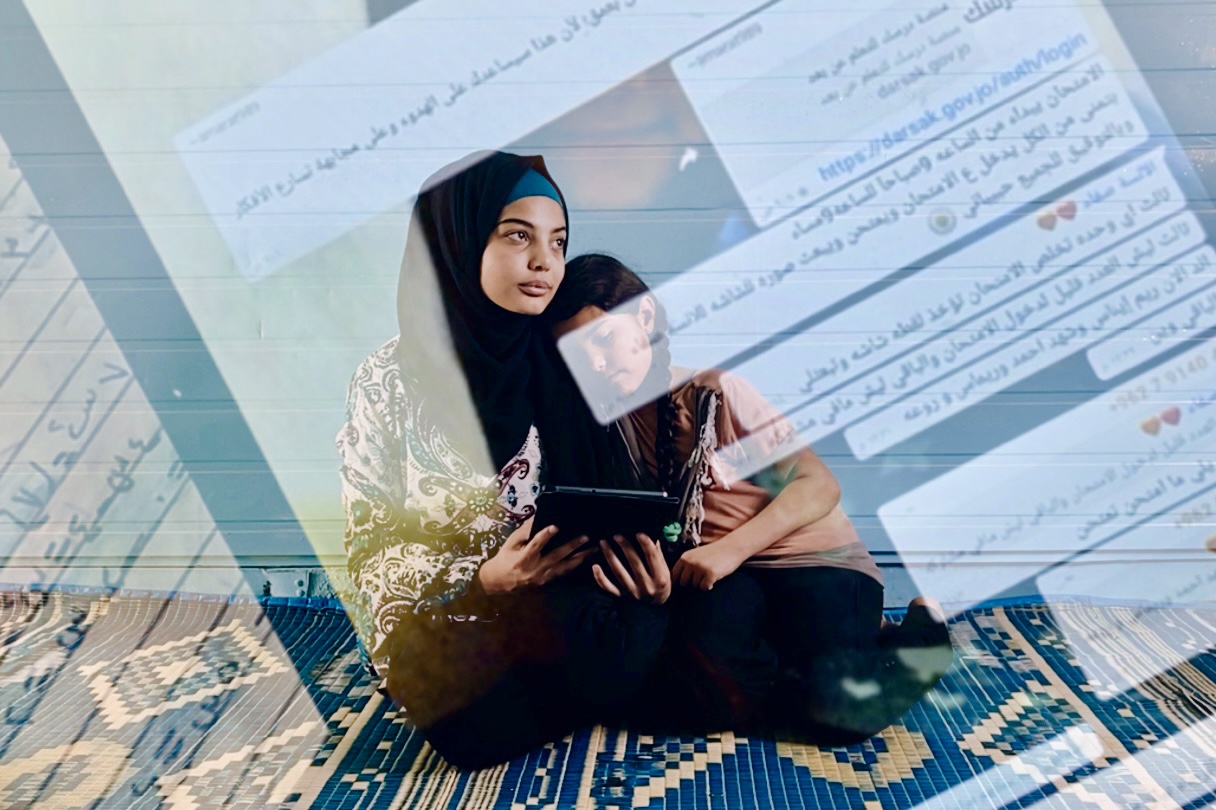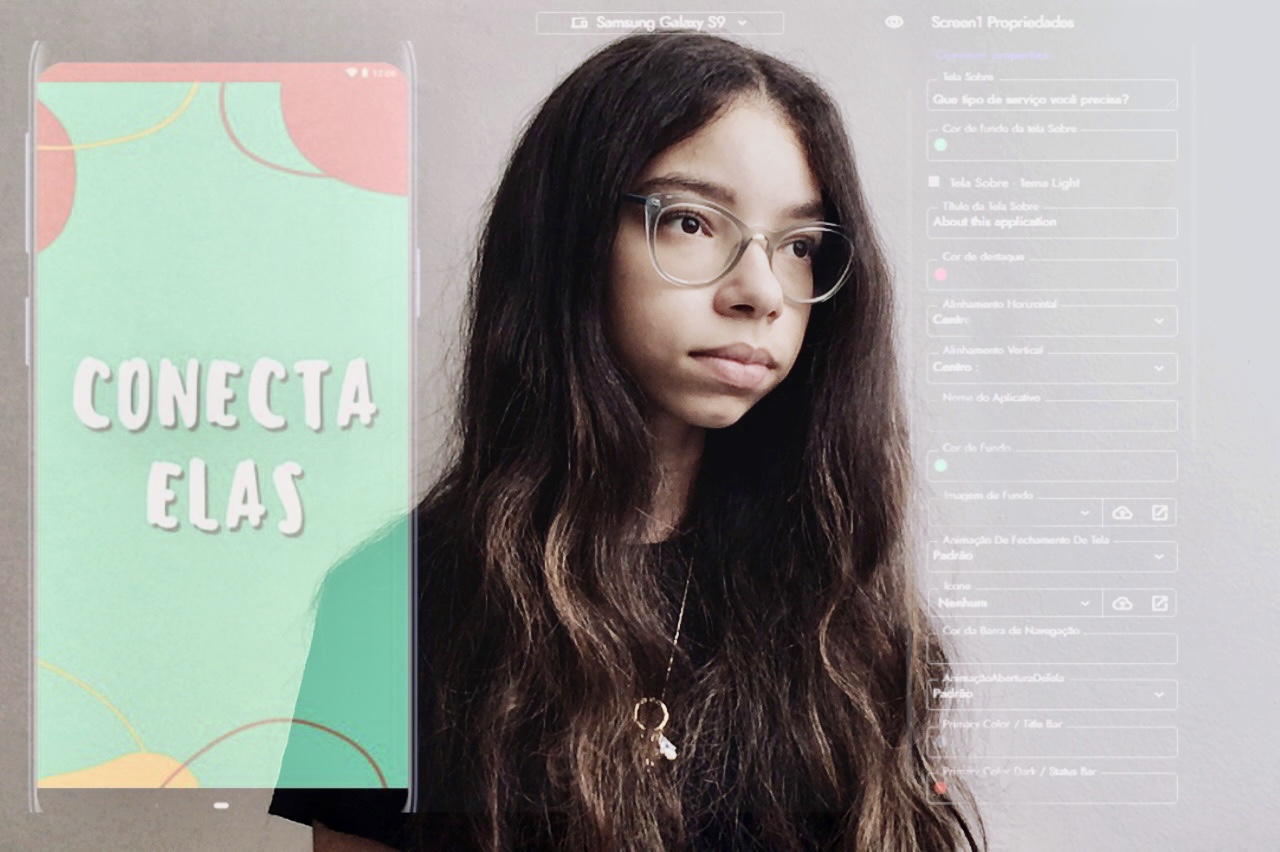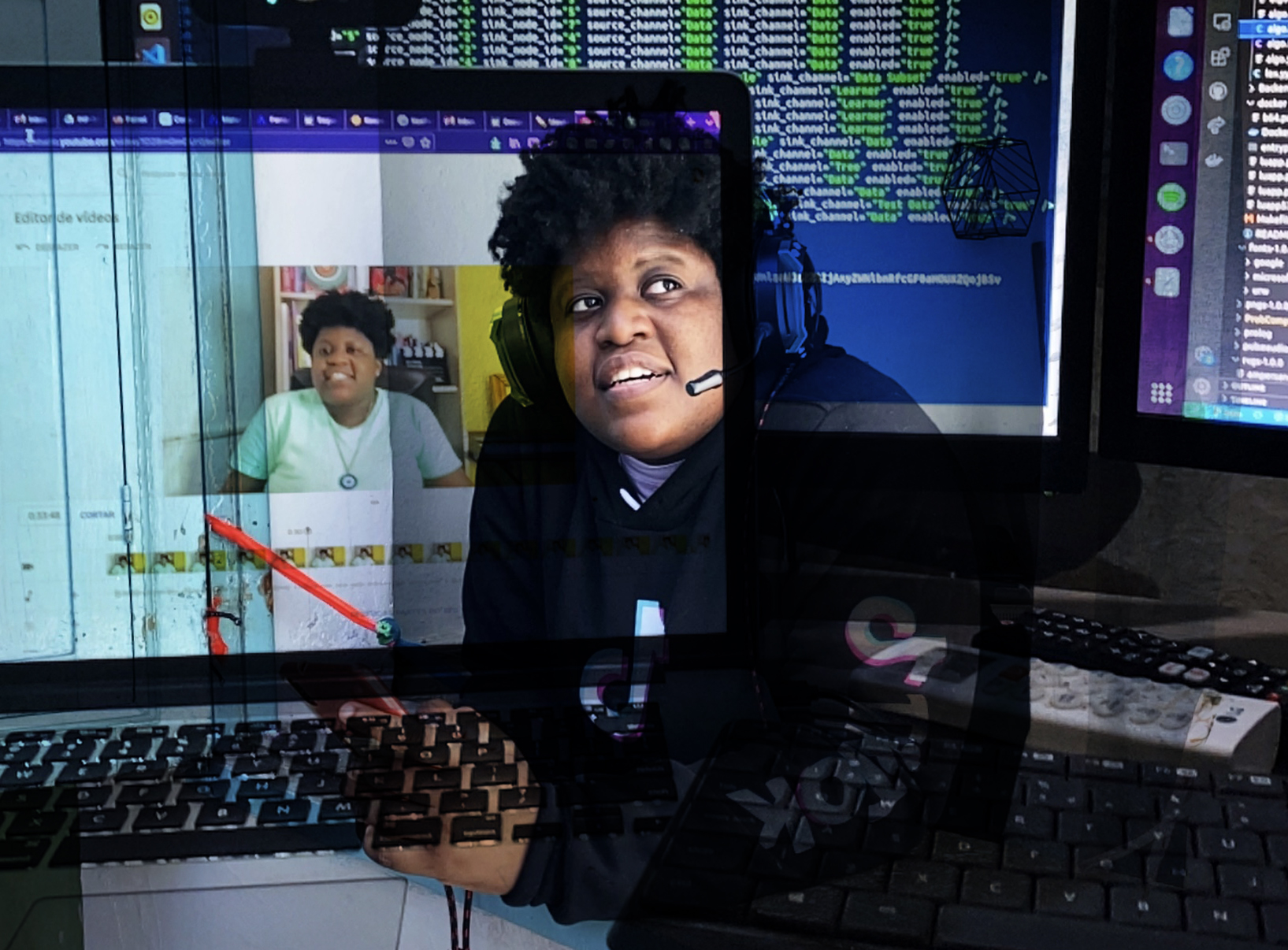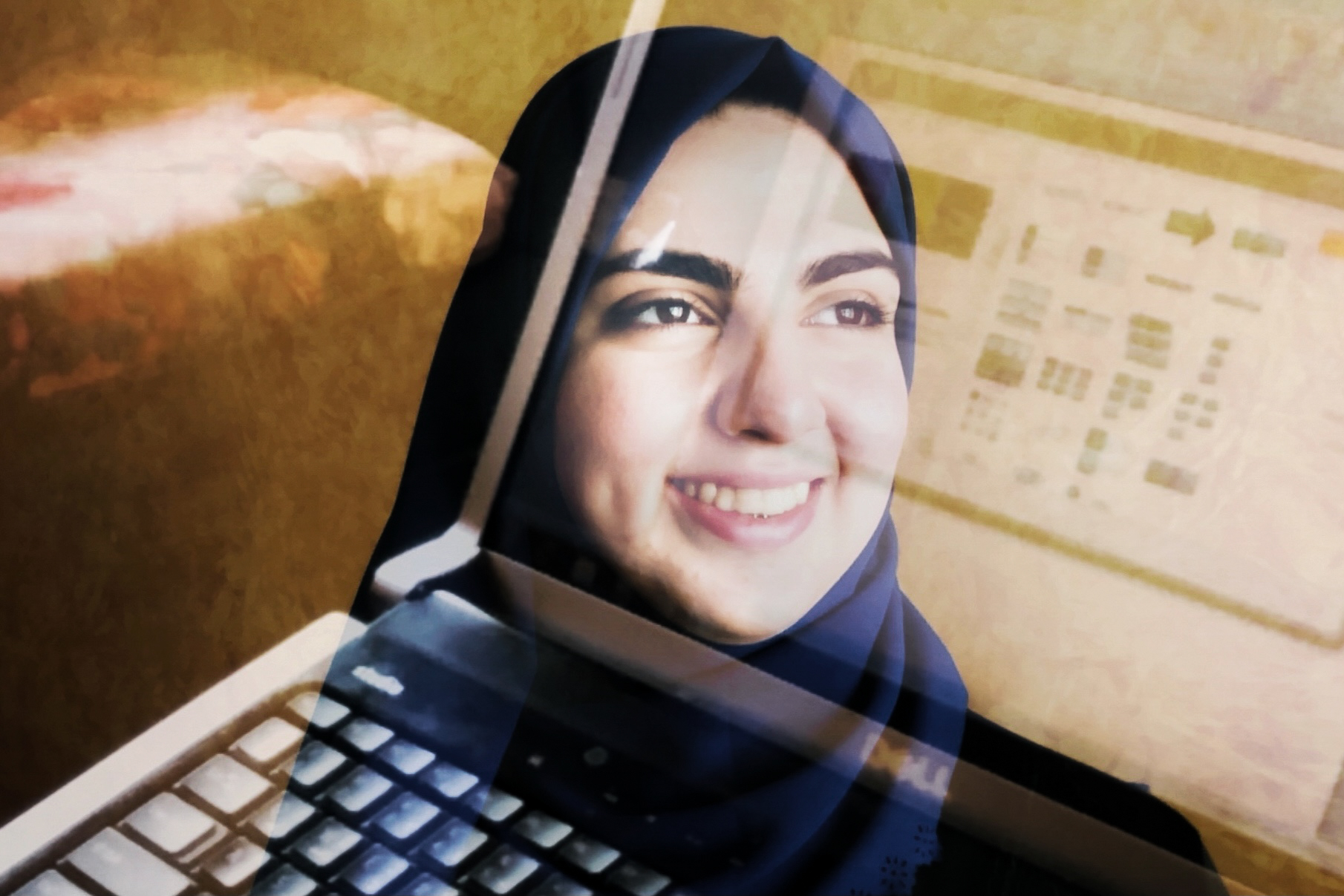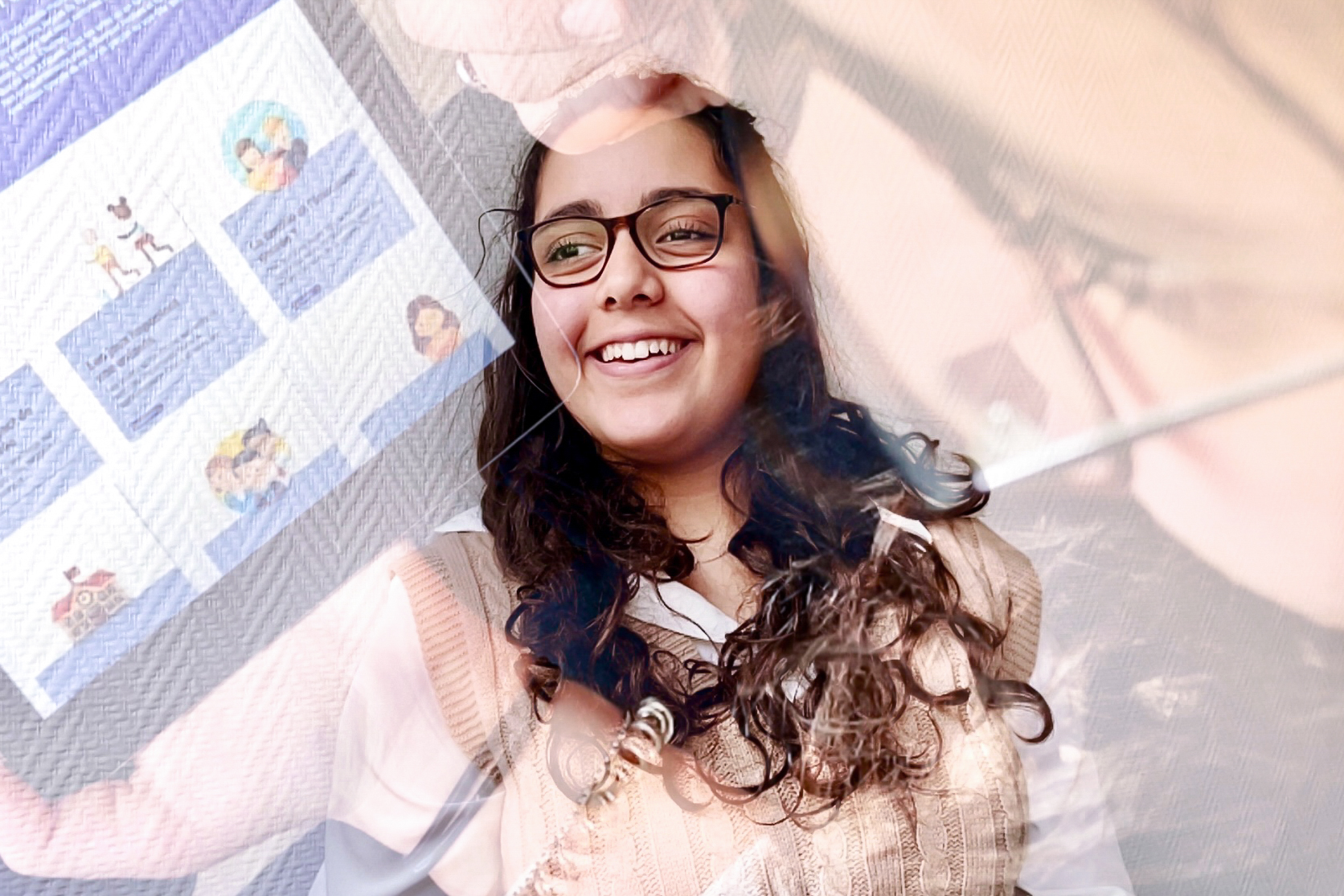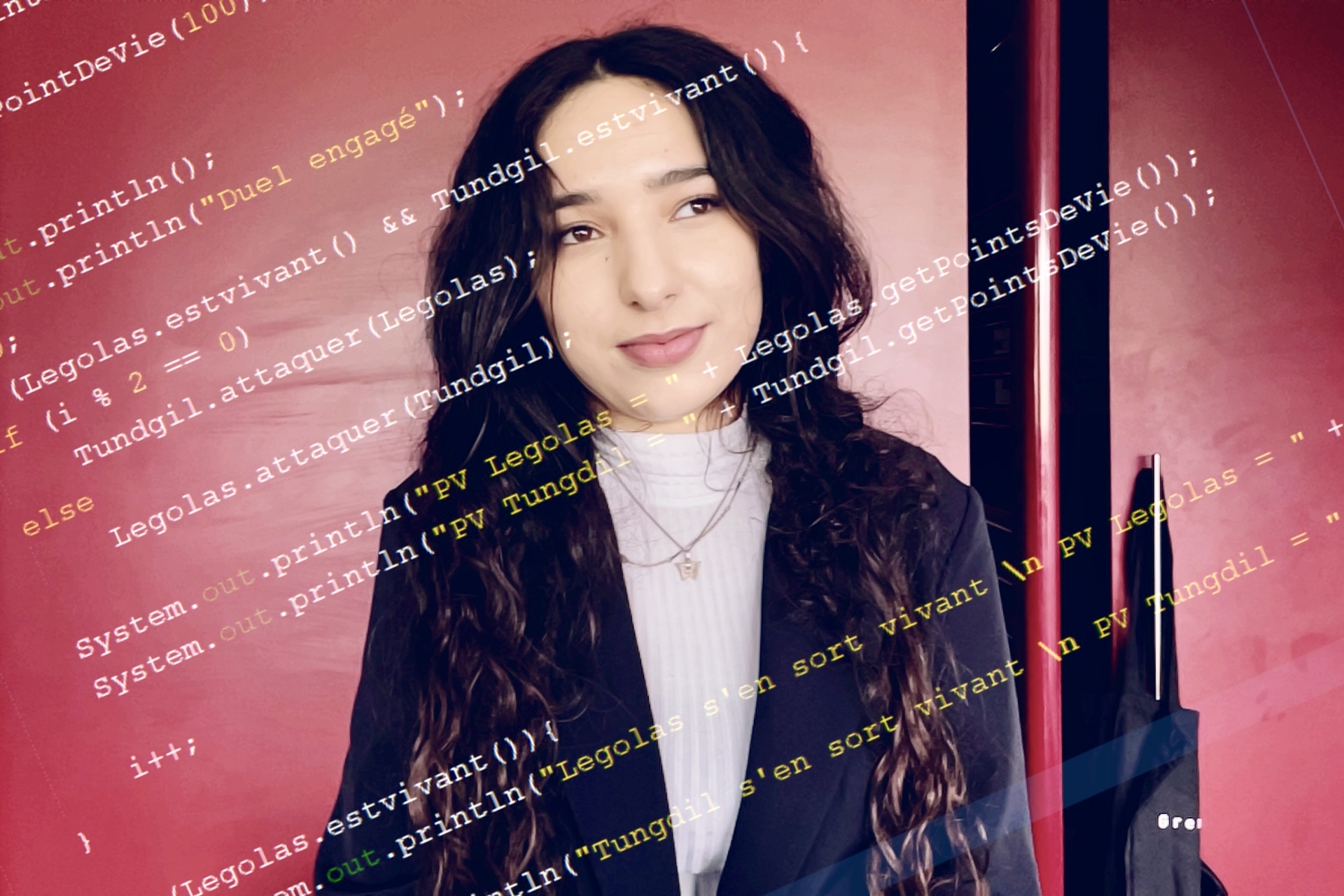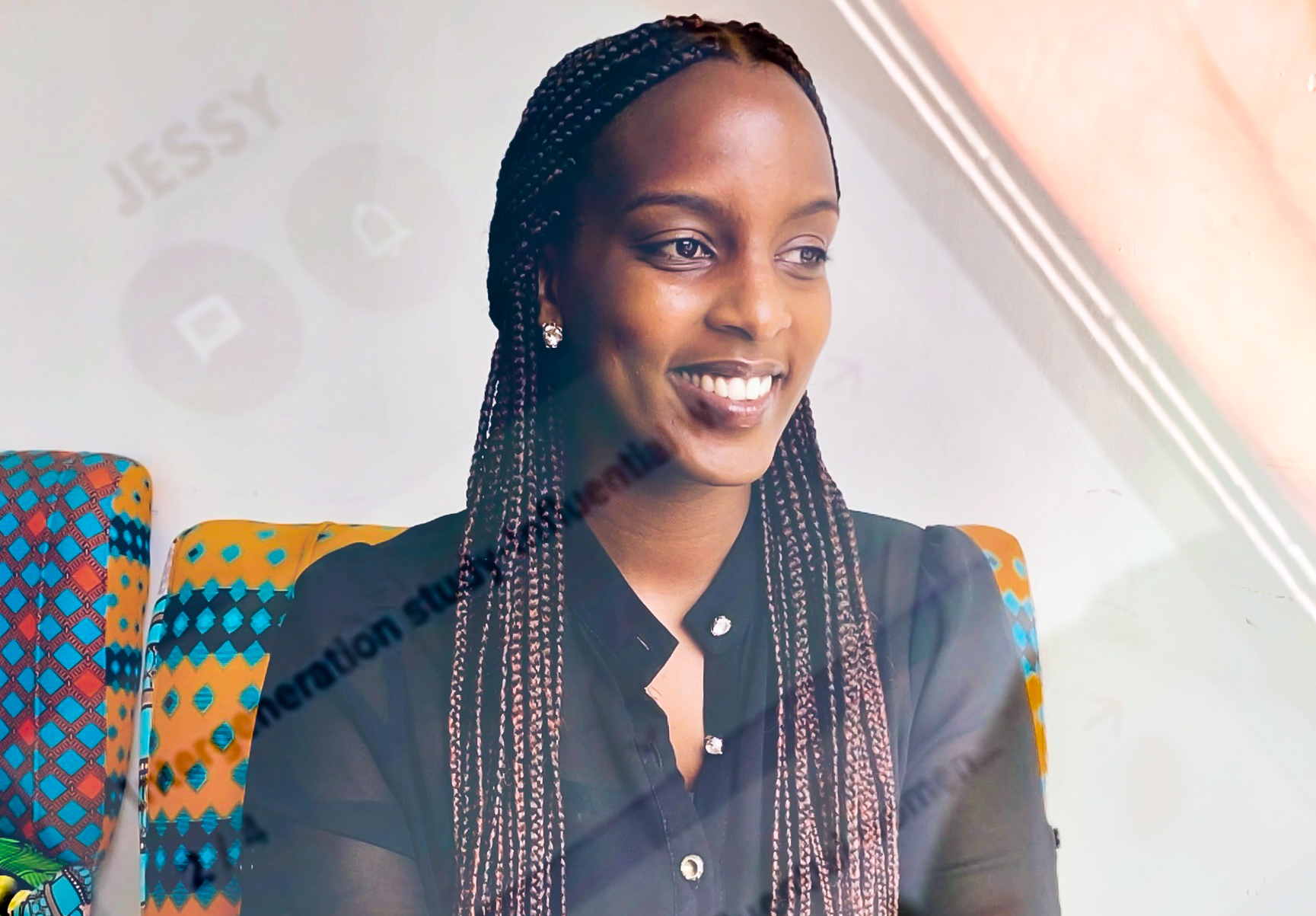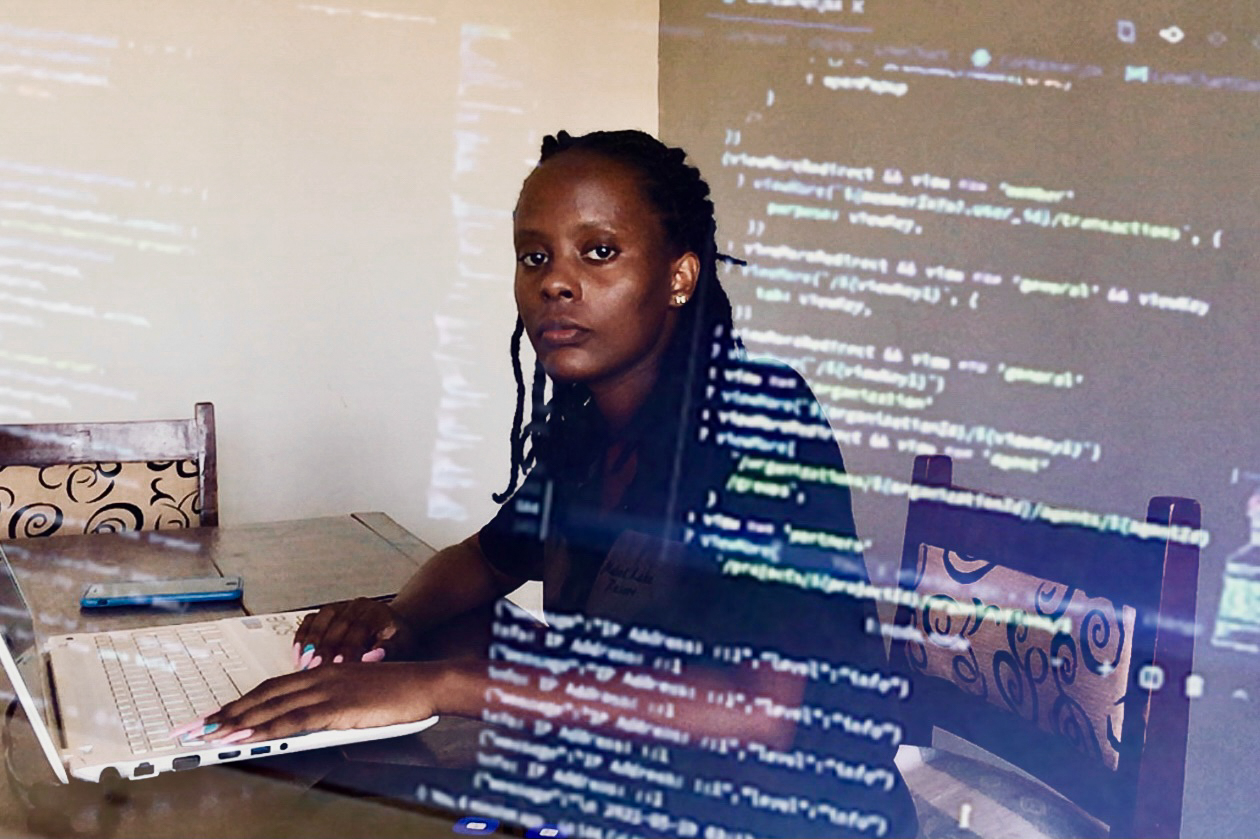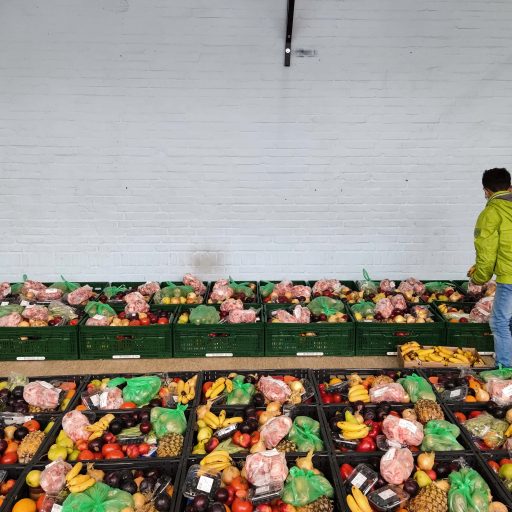In this UNICEF project, The VII Foundation’s contributing photographer Mary Gelman captures the stories of eight young women spanning Europe, Africa, the Middle East, and South America, shedding light on the opportunities available for women and girls in the technology sector.
Generation Equality called “for greater amplification and investment in adolescent girls’ voices, leadership, and solutions for social change — especially at the intersection of the digital revolution.” Gelman’s brief was specifically complex. After receiving the assignment, COVID-19 struck, and the world went into lockdown. Prevented from international travel, she developed a documentary concept that would enable work on the project to continue by engaging with her subjects through remote camera direction. She used video calls to connect with young women who followed her directions, and together, Gelman and the subjects created digital composites that celebrated the young women and their IT project work.
